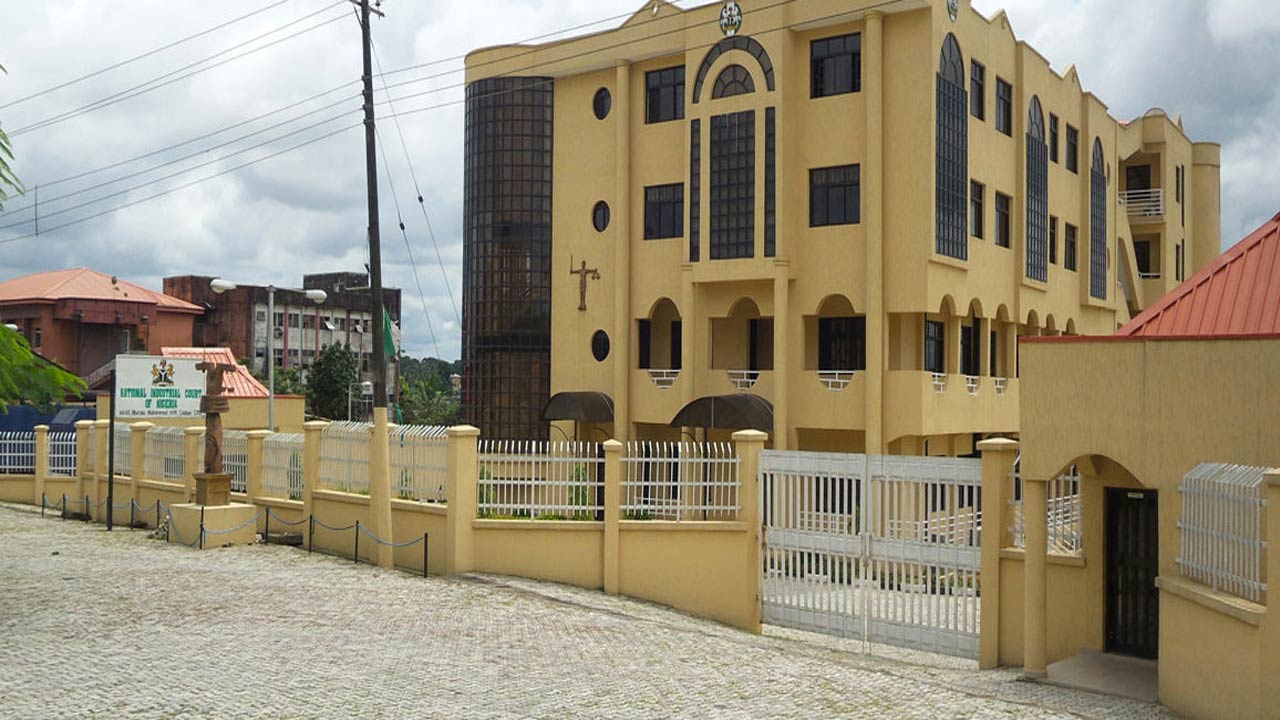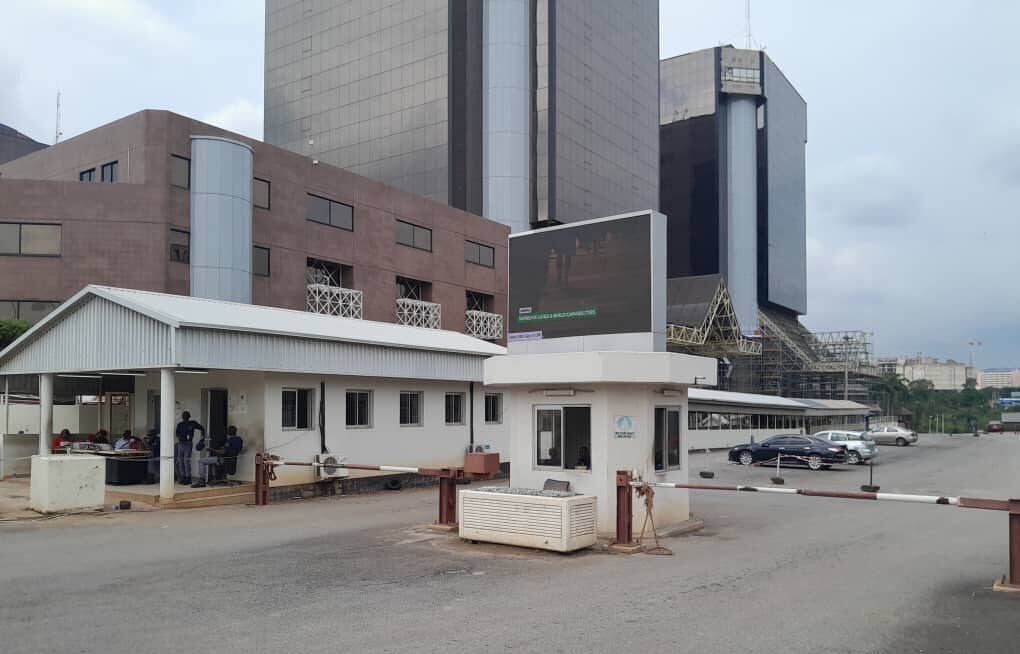The vision to build a $1 trillion economy by 2030 is ambitious, but attainable, argues,JACK OKUDE
The latest news on Nigeria’s growing tax revenue haul is something to cheer for many reasons. The Federal Inland Revenue Service (FIRS) said it has collected N20.62 trillion in tax revenue between January and August 2025, a period of eight months. FIRS Chairman, Zacch Adedeji, who reeled out the figure was ecstatic as was his audience of journalists.
It was a massive jump of 40.8 percent compared to that of last year even as it outstrips the growth target of 16.4 percent for the year 2025. Historical and a rare alignment of vision and ambition, the statistics churned out by Adedeji, a first-class accountant, only strengthens the argument that the FIRS top cat ranks among the best and most strategic appointments of President Bola Tinubu.
Many factors are responsible for this increase which indexes a national economy on the path of recovery. It must be noted that Adedeji did not import personnel from overseas or from outer space to make this all-time high mark. He used existing personnel in the Service all working in the same environment called Nigeria. Without any doubt, it underscores the difference effective leadership can make in an organisation. Adedeji’s pedigree, knowledge and scholarship lent him to the job. He is a proper and prime fit. He didn’t have to learn the ropes because as an A-grade chartered accountant, tax collection and management were no strangers to him. He found a natural and professional habitat at FIRS. This is global best practice; get the right personnel with the requisite skills set to critical positions.
The deployment of modern technology is a critical factor in the unfolding FIRS tax-management story. When he assumed office as the youngest ever FIRS chairman, he served notice of navigating employees and operations through the uncharted waters of high-tech to eliminate instances of human intrusion with attendant fraudulent behaviours. He pledged a better future for tax collection, insisting that technology will not only reduce significantly the bottlenecks of bureaucracy but will also effectively manage operations for higher efficiency accentuated by speed and flawless transition from the field to the office. And he achieved that by moving FIRS operations from annual filing of Transfer Pricing Returns, and Country-by-Country Reporting (CbCR) notifications from e-TPPlat to the TaxPro-Max Platform without compromising personnel’s regular login credentials. The projection for 2025 was to achieve revenue target of N25.2 trillion. Hitting over N20 trillion by August with a good four months left means that the target will be exceeded. This September alone, revenue has surged to N3.65 trillion, a hefty jump of 411 percent from the N711 billion recorded in May 2023 when the Tinubu administration assumed office.
There has been a raft of reforms in tax management. The non-oil tax receipts present an outstanding evidence of the success of the reforms, reaching an unprecedented N15.67 trillion, an increase of 49.7 percent. It was N10.47 trillion in 2024. This owes largely to the federal government renewed focus on growing non-oil export which has also greatly profited from the devaluation of the naira.
As non-oil tax is nosing up, oil tax is also in the ascendancy, reaching N4.98 trillion as of August 31, 2025, up 19.4 percent from N4.18 trillion in the same period last year. The sustained peace in the oil-bearing Niger Delta region resulting in jump in crude oil production is a strong factor for the spike in oil tax revenue. The Tinubu reforms and undeniable security and improved surveillance of oil operations and infrastructure in the Niger Delta have restored investors’ confidence in oil and gas which has led to more investments in the sector. The reforms have also triggered a wave of impressive performance in both the service and primary sectors. Telecoms sector once bogged down by low returns has bounced back. This year alone, the sector is attracting about $3 billion in investments in infrastructure, according to report from the Nigerian Communications Commission (NCC).
For the banking sector under Tinubu, it is happy days. Five major banks namely, United Bank for Africa (UBA) Plc, First Holdco Plc, Zenith Bank International Plc, Guaranty Trust Holding Company (GTCO) and Stanbic IBTC Holdings Plc reported strong growths in profitability and assets. Their pre-tax profit rose by about 70 per cent to N4.56 trillion in 2024.
And as it is with the banks, so it has been with conglomerates that once dipped into the nadir of losses. Cement companies clawed their way from losses to profits this year. Pharmaceutical firms and consumer staple companies have also returned to the path of profitability. All of this equates to more taxes paid into the national tax basket. The increase in tax returns by FIRS is therefore a consequence of the positive yields in the Tinubu reforms. Much more, it shows that FIRS is effectively tracking the tax accruals.
This increase in tax collection further underscores the strengthened tax compliance measures and enhanced enforcement strategies implemented by the Service, Adedeji said as he outlined the prospects of a better, more functional tax regime from next year when the new tax architecture arising from the freshly minted tax laws come into full implementation.
On the flip side of non-oil tax revenue, the oil and gas sector also showed strong signs of recovery on account of the reforms introduced under Tinubu, especially the removal of petrol subsidy. In May 2023, for instance, collections from NNPC Limited were in the negative because what could have come in as tax revenue had gone into servicing outstanding subsidy arrears and other payments. The total accretion to the federation that month (May 2023) was a meagre N711 billion. But by September 2025, the figure had risen to N3.6 trillion, a 411 percent jump.
The vision of Tinubu to build a $1 trillion economy by 2030 is what it is: an ambitious agenda. Some people think it is unattainable. But not so for the likes of Adedeji. In him, you see a workman who understands his brief and who does not lack the courage and confidence to achieve and conquer heights. Watching him recently on television break down the tax synopsis and prognosis was supremely admirable. His understanding, courage and confidence were infectious and they elicit hope and faith in the Renewed Hope agenda of President Tinubu.
Okude, public policy analyst writes from Kano.


